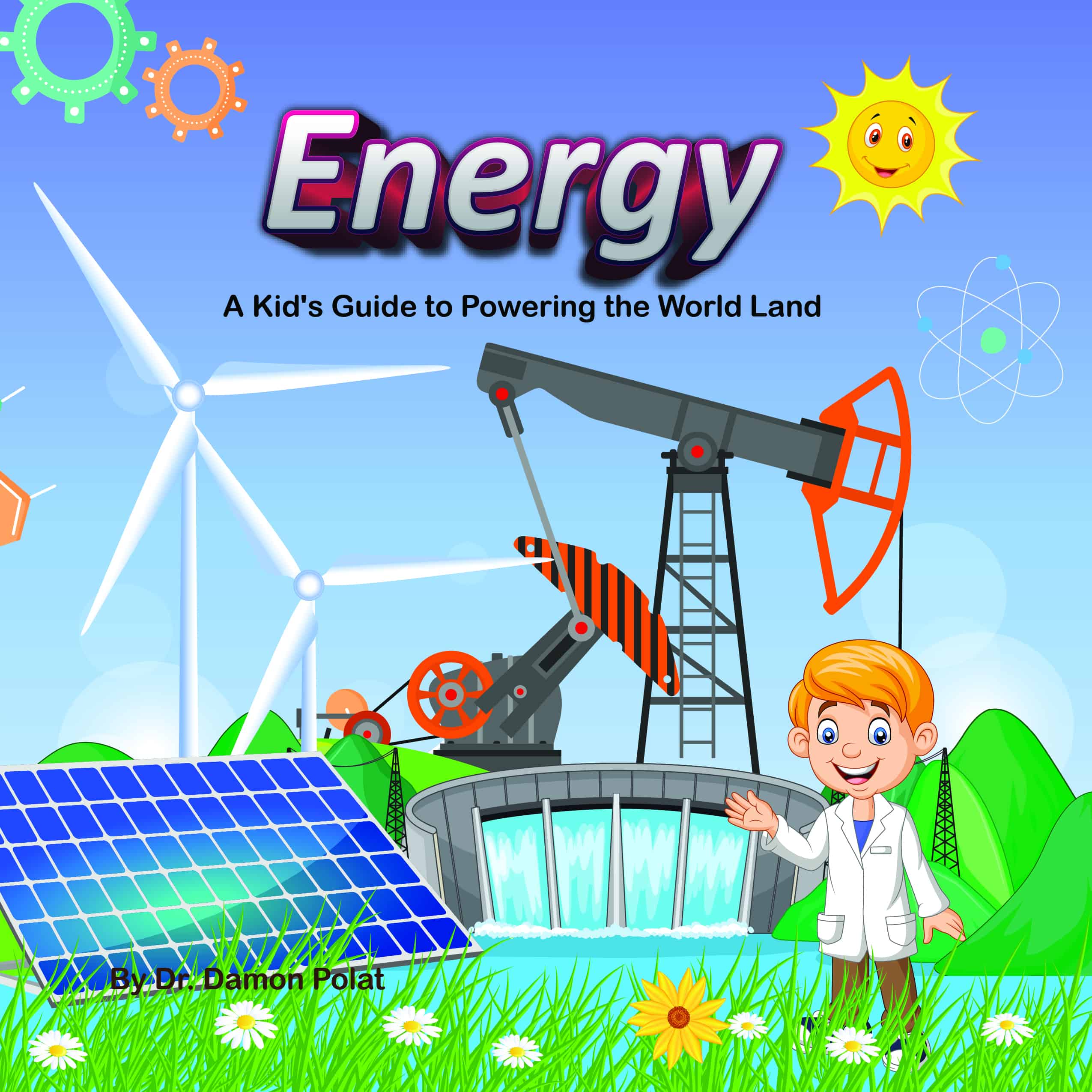Why Parents should Read Children’s Science Books to their Children

Parents play a critical role in their children’s cognitive, emotional, and social development. One of the best ways to do this is to read to them. Although fairy tales and bedtime stories have their appeal, children’s science books shouldn’t be ignored. In this article, we’ll go over the many reasons why parents should make a conscious effort to read science books to their children.
Children’s science books stimulate curiosity and creativity
When children are exposed to science at an early age, they develop a natural curiosity about the world around them. Reading science books to your kids allows them to ask questions, think critically, and explore new ideas. It encourages them to think outside the box and consider different perspectives. This can be a valuable life skill that fosters creativity and innovation.
Build a strong foundation for learning
Children’s science books aren’t just about facts and figures. They introduce children to the scientific method, the process of observing, hypothesizing, experimenting, and drawing conclusions. By studying science books, children learn to approach problems systematically and to think logically. This foundation helps them improve in various subjects such as math and reading comprehension.
Developing vocabulary and language skills
Science books are rich in technical terms and complex concepts that can expand your child’s vocabulary. By reading aloud, your child will learn new words and their meanings, improving their language skills. In addition, children’s science books often include illustrations and diagrams that help children visualize complex concepts so they can understand and remember them more easily.
Encourage a love of science
One of the most important benefits of reading children’s science books to your kids is that it can help them develop a love of science. When children are excited about science from a young age, they’re more likely to pursue careers in science, technology, engineering and math (STEM). When you foster a passion for science, you prepare your child for a successful future.
Equip children with knowledge
Science books can give children the knowledge they need to understand and appreciate the world around them. For example, when children learn about ecology and the environment, they can make informed decisions about conserving resources and protecting our planet. Children’s science books can also teach children about their bodies and help them develop healthy habits and an understanding of their own health.
Teaching problem solving and critical thinking
Science is all about asking questions, testing hypotheses, and analyzing the results. Reading children’s science books to your kids teaches them this methodical way of thinking, which helps them develop strong problem-solving and critical thinking skills. These skills are important for success in school and in life because they enable children to navigate complex situations and make informed decisions.
Strengthening the parent-child bond
Reading together is an intimate and fun activity that can strengthen the bond between parent and child. When you read nonfiction books together with your children, you spend quality time together and create lasting memories. By talking about the content of your book, you also show that you care about your child’s learning, which can boost their confidence and self-esteem.
Encourage the idea of growth
Science books often tell stories of scientists who made groundbreaking discoveries despite challenges and setbacks. When children read these stories, they learn the importance of resilience, hard work, and determination. They understand that success isn’t a matter of innate talent, but the result of effort and perseverance. This mindset can have a huge impact on a child’s attitude toward learning and personal development.
Promoting equity and diversity
Children’s science books can be a powerful tool for promoting equity and diversity. By choosing books that feature scientists from diverse backgrounds, you can help break down stereotypes and show your children that anyone, regardless of gender or background, can succeed in the world of science. Meeting diverse role models can also help break down implicit biases and promote a more inclusive and equitable worldview.
Preparing children for a technologically advanced future
In our rapidly changing world, technology and scientific advancements play an important role in our daily lives. When you introduce children to science books, you give them the knowledge they need to navigate this increasingly complex world. When they understand the scientific principles behind the technology they use every day, they can make informed decisions and adapt to new developments.
Stimulate conversations about science
Reading children’s science books together can lead to exciting conversations between you and your child. These conversations can help you check your child’s understanding of the material and clarify any misconceptions. In addition, conversations about science can encourage children to ask questions and express their ideas, which helps them develop strong communication skills.
Promoting scientific literacy
Science education is important for everyone, not just those who want careers in STEM fields. When you read children’s science books to your children, you help them develop the skills they need to understand and critically evaluate scientific information. This is especially important in today’s world, where misinformation is rampant and the ability to distinguish fact from fiction is critical.
Encouraging imagination and a sense of wonder
Science books can take children on incredible journeys, from the depths of the ocean to the far reaches of the universe. When children read about scientific discoveries, they can develop a sense of wonder and awe about the world around them. This can help them see the beauty in the mundane and inspire them to explore and learn throughout their lives.
Develop healthy habits for screen time
In a world where screen time is on the rise, reading nonfiction books together can be a healthy alternative to digital entertainment. Reading aloud to your children can help them develop an appreciation for the written word and develop a lifelong love of reading.
Promote academic achievement
Research has consistently shown that children who are read to at home perform better in school than their peers who aren’t. Reading nonfiction books aloud to your child can help them develop the skills they need to do well in school, such as critical thinking, problem solving, and comprehension. In addition, children who are confident in their abilities and interested in science are more likely to engage with and enjoy the lessons, which in turn leads to better performance.
Conclusion
Reading children’s science books aloud has numerous benefits – from fostering curiosity and creativity to academic success. By introducing your kids to science at an early age, you can help them develop the skills they need to navigate our increasingly complex world, empower them with knowledge, and develop a love of learning that will last a lifetime. So the next time you’re looking for a book to share with your child, consider a science book – the benefits are just too great to ignore.

